The COVID-19 crisis has highlighted pre-existing global inequities and generated new challenges, from public health management to economic recovery. A good lesson learned, now more than ever, is that digital technology can support development and resilience in crisis mode and outside of it. As a result, digital transformation has accelerated everywhere.
When it comes to low- and middle-income countries (LMICs), however, the lack of financial and human resources can become a significant obstacle toward successful digitalisation and sustainable development. In response, institutions like the World Bank and the Digital Public Goods Alliance (DPGA) have started facilitating the discovery and implementation of open-source software and other openly available digital assets under the concept of digital public goods (DPGs).
Within these efforts, X-Road® has recently been listed in the DPG Registry and recognised by the World Bankas a notable open-source tool for digital development in resource-constrained environments. We spoke to stakeholders from the World Bank and the DPGA to find out the value they see in X-Road as a DPG and how it can meet the needs of LMICs such as Madagascar – a notable case featured in this post.
BACKGROUND AND INSTITUTIONAL FRAMEWORK
Founded in 2019, the DPGA has the mission to accelerate the attainment of Sustainable Development Goals (SDG) in LMICs, specifically by facilitating the discovery, development, use of and investment in DPGs. Among their wide-reaching activities, the DPGA has focused on setting an open DPG standard and created the DPG Registry.
Lucy Harris, DPGA Co-Lead, outlines that according to the alliance’s definition, DPGs:
1. Are open-source assets (software, data, AI models, standards, and content) that adhere to privacy and other applicable laws;
2. That do no harm;
3. And that help attain SDGs.
This three-component definition further breaks down into nine indicators captured in the open DPG standard. “When it comes to the DPG Registry, anyone can nominate a project on our website,” Harris explains. “We then review the nominations against the DPG standard. If approved, they go into the registry, with a stamp that certifies them as DPGs,” she adds.
Although entry into the registry typically happens via direct nomination, X-Road appeared on the DPGA’s radar through a community of practice. “We bring together experts in certain areas to identify DPGs that are hyper-relevant to a timely development need,” Harris explains. “This specific group focused on financial inclusion at scale, which comes down to digital public infrastructure,” she continues.
“Looking for projects that sit at this intersection of DPGs related to financial inclusion that were also digital public infrastructures, we came across X-Road,” Harris concludes.
NEEDS AND CHALLENGES
The mandate of the DPGA focuses on the digital development needs of LMICs. Regarding the donors and countries with whom they interact, Harris notes increasing interest in building digital infrastructure on open-source.
Indeed, one such example can be found in the World Bank’s support of the digital transformation of Madagascar. The latter has been working on X-Road implementation in their public sector for the past few years and is fully committed to building their digital infrastructure with DPGs. “In emerging countries, like Madagascar, we like this philosophy and mindset because we do not have the financial means to afford proprietary solutions,” shares Tahina Razafindramalo, Chief Digital Officer at the Digital Governance Unit of Madagascar (Unité de Gouvernance Digitale).
The question of financial resources is not only relevant during the short-term implementation, but also for the long-term sustainability of the digital infrastructure that is being built. This is primarily due to the long-term risks of vendor lock-in when relying on proprietary solutions – as donor support is limited to a specified timeframe, the question of what’s next needs to be built into the long-term strategy from the start.
THE SOLUTION
The DPGA sees open-source solutions, such as X-Road, as more accessible, preventing vendor lock-in, facilitating innovation, and helping governments retain their sovereignty.
Representatives from Madagascar and the World Bank echo these value points. “The fact that X-Road is open-source and accessible means that it is easy for us to build a sustainable solution,” Razafindramalo highlights. “With the World Bank, we have already set up a proof of concept regarding 2 or 3 ministries, so we have already seen how easy it is to onboard everyone to the project,” he adds.
Considering the higher long-term costs of maintaining proprietary solutions, DPGs – such as X-Road – boast one of the most significant advantages of supporting sustainable and affordable development, especially in LMICs. “With the help of our donors, we can leverage a project for a specific time period to implement the best-in-class technology and solution, but after that, we must finance it internally from the government,” Razafindramalo underlines.
On top of accessibility and sustainability, Hajarivony Andriamarofara, World Bank Consultant, adds simplicity to the list of benefits that X-Road has as a DPG. “Rollout is possible with very minimal support,” Andriamarofara notes. To the extent that support is needed, the X-Road Community and other stakeholders with relevant experience are available to provide it. So can do, additionally, those companies listed as X-Road Technology Partners, in the form of commercial support. “Even if it is a solution that comes from the far North of Europe, it is relatively easy to find a solution with the X-Road Community to any obstacles we may face,” he concludes.
The benefits outlined by the World Bank and Madagascar representatives align with what the DPGA sees in X-Road. “For us, X-Road ticked all the boxes and was approved both as a DPG and as relevant digital public infrastructure. In other words, having this cross-sectoral impact, being an interoperable solution that people are building on top of and building with,” Lucy Harris underlines.
For countries now drafting or revisiting their digital transformation strategies, selecting the proper solutions will determine their development path for years to come. The DPGA and World Bank view X-Road as an affordable and sustainable tool to advance digitalisation across the world and create widespread access to services, especially in LMICs.


-3333AB?logo=data:image/svg%2bxml;base64,PHN2ZyB3aWR0aD0iMzEiIGhlaWdodD0iMzMiIHZpZXdCb3g9IjAgMCAzMSAzMyIgZmlsbD0ibm9uZSIgeG1sbnM9Imh0dHA6Ly93d3cudzMub3JnLzIwMDAvc3ZnIj4KPHBhdGggZD0iTTE0LjIwMDggMjEuMzY3OEwxMC4xNzM2IDE4LjAxMjRMMTEuNTIxOSAxNi40MDAzTDEzLjk5MjggMTguNDU5TDE5LjYyNjkgMTIuMjExMUwyMS4xOTA5IDEzLjYxNkwxNC4yMDA4IDIxLjM2NzhaTTI0LjYyNDEgOS4zNTEyN0wyNC44MDcxIDMuMDcyOTdMMTguODgxIDUuMTg2NjJMMTUuMzMxNCAtMi4zMzA4MmUtMDVMMTEuNzgyMSA1LjE4NjYyTDUuODU2MDEgMy4wNzI5N0w2LjAzOTA2IDkuMzUxMjdMMCAxMS4xMTc3TDMuODQ1MjEgMTYuMDg5NUwwIDIxLjA2MTJMNi4wMzkwNiAyMi44Mjc3TDUuODU2MDEgMjkuMTA2TDExLjc4MjEgMjYuOTkyM0wxNS4zMzE0IDMyLjE3OUwxOC44ODEgMjYuOTkyM0wyNC44MDcxIDI5LjEwNkwyNC42MjQxIDIyLjgyNzdMMzAuNjYzMSAyMS4wNjEyTDI2LjgxNzYgMTYuMDg5NUwzMC42NjMxIDExLjExNzdMMjQuNjI0MSA5LjM1MTI3WiIgZmlsbD0id2hpdGUiLz4KPC9zdmc+Cg==)